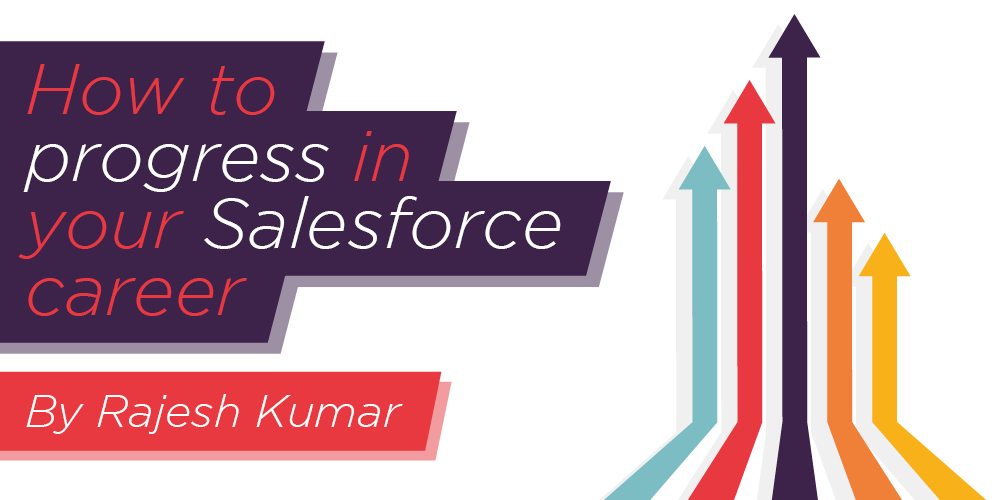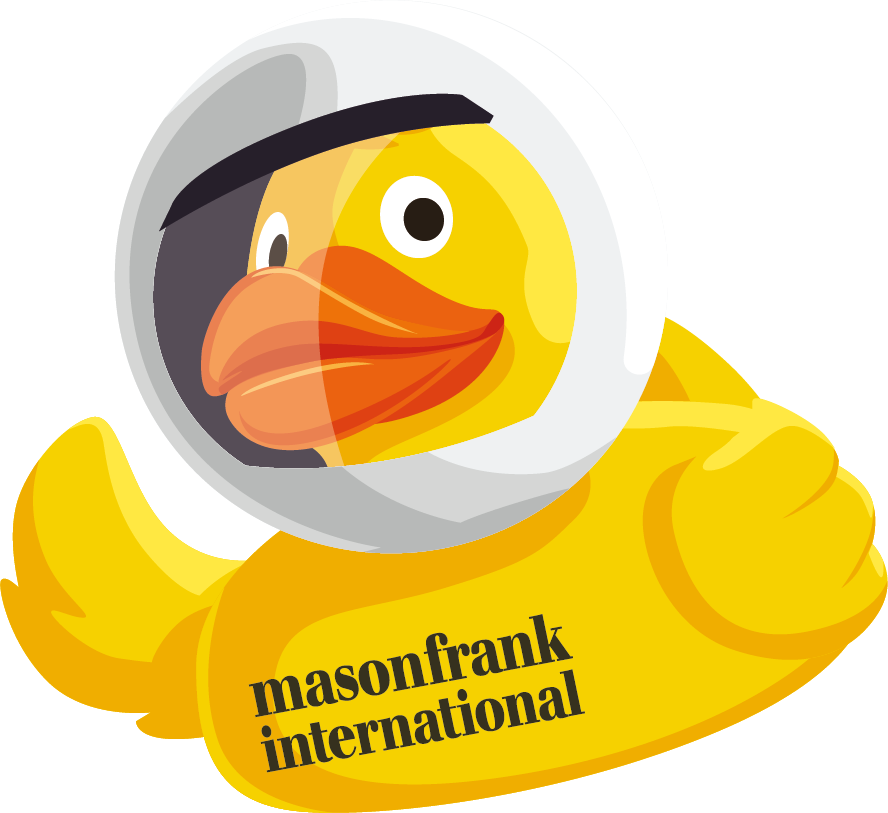
Learning and understanding are the keys to unlocking the potential of your career in Salesforce. In this article, Salesforce expert Rajesh Kumar outlines what he considers fundamental to your development journey.
Today we’re going to discuss an exciting topic for those of you looking to build a career in Salesforce, and for those already deep into Salesforce Development.
Whenever we start something new, not only in Salesforce or programming technologies but in many walks of life, some questions we should be asking are:
– Where to start?
– How to start?
– What is the best way to start?
While the advice I’m about to give you will be around Salesforce, a lot of it can be applied to other programming technologies, so feel free to take these learning principles if you’re looking to upskill or cross-train.
Want to maximize your earning potential as a Salesforce professional?
Mason Frank’s Careers and Hiring guide is the biggest study of its kind anywhere in the Salesforce ecosystem. Find out the latest platform trends, what employers need, as well as how you can earn more.


1. Understand the flow (structure) of technology
First you need to understand the flow of technology. Salesforce technology runs on the sales process — understanding the sales process is imperative when working in a business, and so you need to do this before starting the development part. Below are the some links to understand the sales process.
- Sales process: A roadmap to better sales performance
- 7-Step Sales Process: When to Use It and When to Break It
- 7 steps of the sales process
- The 8-Step Sales Process that Leads to Higher Productivity, Sales, and Customer Satisfaction
Of course, there’s no substitute for speaking to the people in your business to get a first-hand explanation of the sales process.
Now you understand the concepts on which Salesforce runs, you can start to appreciate your role in the sales process. In development, we create the functionality to solve the problem which is occurring in this sales process and also develop the functionality to increase productivity. Train your mind to think out of the box and develop solutions to help realize the potential of your organization.
2. Understand the concept of languages
In Salesforce development we use two programming languages:
- Apex
- JavaScript
Apex (Similar to Java) and JavaScript (no relation to Java) are both OOP (Object Oriented Programming) languages. Start these languages first, as understanding the OOP concept is very important to every programmer. OOP will give you the confidence to develop something and help you think like a programmer.
So many other languages are based on Apex and JavaScript that if you’re clear with these two, you’ll be able to work on many different languages. So, if you clear with these OOP concepts, you can work on many different languages. Lots of programmer don’t follow these and run with the lake of basics for their whole career.
Salesforce uses two more scripting languages for UI (User Interface):-
- VisualForce
- CSS
VisualForce (a tag-based markup language similar to HTML) and CSS are used for designing pages. So these two languages are also very important when working with Salesforce.
3. Having a mentor/buddy
It’s also very important that you have a mentor. Find someone who is successful in that technology and set the goal — think about where you want to see yourself and in what time frame.
Learning alone can be painful, so join Salesforce groups on social media and spread your knowledge while learning from others. This is the best way to learn anything. Your understanding of concept will be clearer this way than if you simply studied books and articles.
Check out our guide to Salesforce User Groups.
Learn more about the Salesforce buddy system.
You can also join local meetups in your city—there are lots of official and unofficial Salesforce groups that organize meetups, hackathons, and networking events. Meeting with people who are like you can be massively beneficial.
Remember to start small. First, you try to complete the small problem so you can understand the basics, and then apply that basic concept to solve bigger problems. It’s a natural progression, so don’t try to take shortcuts.


Rajesh Kumar displays his passion for Salesforce development by sharing his knowledge with the community on his blog Ways2Salesforce.

